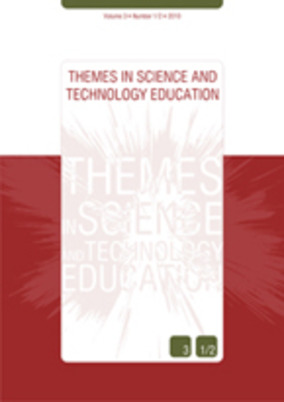Virtual reality in psychology
Part of : Themes in science and technology education ; Vol.2, No.1-2, 2009, pages 225-252
Issue:
Pages:
225-252
Author:
Abstract:
The benefits of using virtual environments (VEs) in psychology arise from the fact that movements in virtual space, and accompanying perceptual changes, are treated by the brain in much the same way as those in equivalent real space. The research benefits of using VEs, in areas of psychology such as spatial learning and cognition, include interface flexibility, thereproducibility of virtual experience, and the opportunity for on-line monitoring of performance. Applications of VEs are many and varied, but are especially beneficial where experience can be tailored via augmentation, and where dangerous training situations can be avoided. The use of programmable agents has great future potential in relation to training and interpersonal skill development, also perhaps in clinical diagnosis and therapy. Progress in VE usage in psychological education is limited by cost and availability, though VEs are being used increasingly in classroom and laboratory teaching exercises. Virtual Reality was said to be “an answer waiting for a question”, but questions are being recognized, so that applications of VEs within the behavioural sciences are likely to multiply.
Subject:
Subject (LC):
Notes:
The author would like to thank the Leverhulme Trust for financial support for the virtual history research described in the article and Judy McSorley (Middlesex University, Library staff) for assistance with bibliographic citations.




